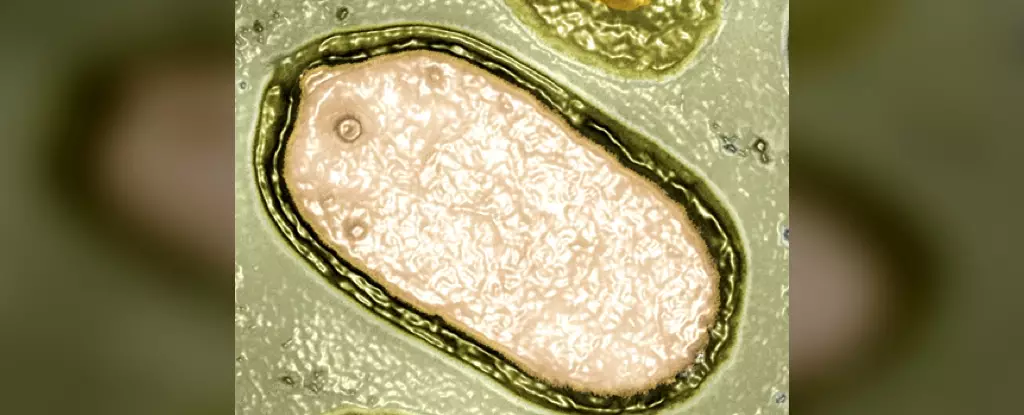The recent findings surrounding giant viruses are not just another scientific curiosity; they have the potential to shake the very foundations of our understanding of marine ecosystems. Scientists, led by marine biologist Benjamin Minch and virologist Mohammad Moniruzzaman from the University of Miami, have unveiled a remarkable discovery: a staggering 230 giant viruses unknown to science have been identified in vast oceans across the globe. Contrary to the commonplace narrative that sea life remains relatively stable and understood, these discoveries paint a far more chaotic picture, underlying how crucially under-explored and intricate our oceans remain.
Utilizing advanced computer software, the team was able to sift through genomes in seawater samples—offering insights that are as thrilling as they are alarming. The study boldly highlights the need to confront the complexities inherent within marine microbial life, specifically addressing the charisma and peril presented by the viruses that threaten it.
The Role of Protists
At the heart of this discovery is the interplay between giant viruses and marine protists—organisms like algae and amoeba that may be hidden heroes of our biosphere. One might ask the question: what happens when the giants of the viral world target the very building blocks of the oceanic food web? The answer is simple yet sobering: chaos. As Moniruzzaman eloquently articulated, understanding the relationship between these viruses and their hosts could illuminate the mechanisms behind harmful algal blooms, which all too often spell disaster for coastal communities and marine biodiversity alike.
Each bloom is a stark reminder of how fragile our systems are, and the revelation that giant viruses can influence and even manipulate their hosts’ metabolic functions complicates the picture further. If these viruses hijack the cellular processes of fundamental organisms responsible for producing a significant portion of Earth’s oxygen, the global implications cannot be understated.
Innovations in Scientific Inquiry
As astonishing and necessary as these discoveries are, they were made possible by recent advancements in technology. The tools used—remarkably bespoke computer programs and sophisticated analytical methods—have enabled scientists to navigate an ocean of genetic data like never before. Is this an inflection point in our scientific journey? It certainly appears so; the barriers that once limited our explorations of marine life are dissolving. The ease with which the team identified new functional proteins, particularly those related to photosynthesis, indicates a promising future for marine biology.
Yet, one cannot help but ponder: if we’ve only just begun to scrape the surface, what other mysteries lie hidden in our oceans? While I celebrate the innovations leading to these discoveries, I am wary of the implications they hold. The idea that we are still in the early stages of understanding marine life speaks to a broader theme within environmental science—the peril of ignorance in the face of accelerating climate change.
Virus Orders and Implications for Ecology
The classification of the newly discovered giant viruses into existing orders—Imitervirales and Algavirales—highlights an even deeper truth about their evolutionary flexibility and adaptability. While Imitervirales appears to exhibit a more complex genetic makeup, suggesting a wide range of host compatibility, Algavirales seems to underline the unique and specialized infection strategies. This complexity only amplifies the risks; the ability of viruses to adapt and diversify raises significant questions about their impact on ecological stability.
As researchers like Minch suggest, the framework established through this study provides a critical pathway to improve our ability to detect novel pathogens in our waters. Still, one must reflect on the broader ethical concerns that arise from this level of manipulation and intervention. Are we merely catalogers of these forces, or are we responsible stewards of the ecosystems they inhabit?
This moment in scientific exploration is pivotal. Instead of merely celebrating these discoveries, we must confront the complex moral responsibilities they entail and the broader implications for ecological health. As we deepen our understanding of our oceans, we must also prepare for the realities of what comes next; knowledge can illuminate paths, but it can also forge new challenges.

